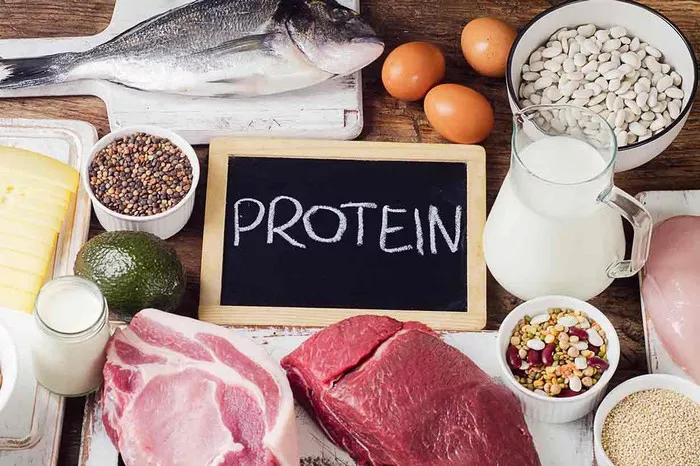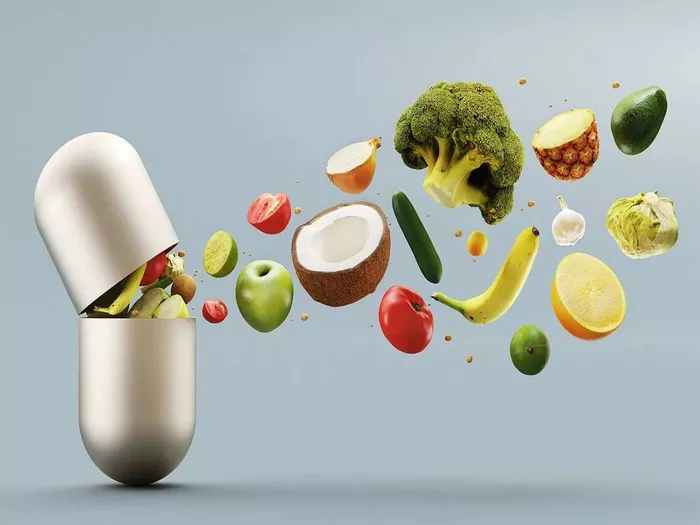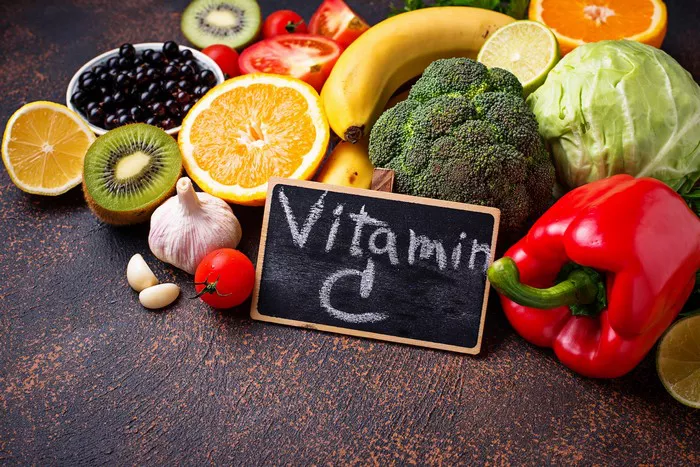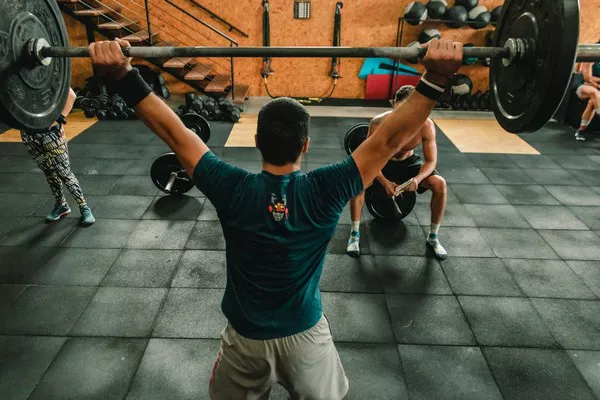Building muscle requires more than just hitting the gym regularly; it also involves providing your body with the right nutrients to support muscle growth and repair. Protein is an essential macronutrient that plays a crucial role in muscle synthesis, making it a cornerstone of any muscle-building diet. In this comprehensive guide, we’ll explore a variety of high-protein foods that can help fuel muscle gain and support your fitness goals.
Understanding the Importance of Protein for Muscle Growth
Protein is made up of amino acids, which are the building blocks of muscle tissue. When you engage in resistance training or other forms of exercise, you create small tears in your muscle fibers. In order to repair and rebuild these fibers, your body needs an adequate supply of protein.
Additionally, protein plays a key role in muscle protein synthesis—the process by which your body builds new muscle tissue. Consuming protein-rich foods throughout the day can help support muscle protein synthesis and facilitate muscle growth and repair.
How Much Protein Do You Need?
The amount of protein you need to support muscle gain depends on factors such as your age, sex, weight, activity level, and fitness goals. As a general guideline, the American College of Sports Medicine recommends that individuals engaged in resistance training aim to consume between 1.2 to 2.0 grams of protein per kilogram of body weight per day.
For example, if you weigh 70 kilograms (about 154 pounds), you would aim to consume between 84 to 140 grams of protein per day. However, it’s important to note that individual protein needs may vary, so it’s best to consult with a registered dietitian or nutritionist to determine the right amount of protein for your specific needs.
High-Protein Foods for Muscle Gain
Now that we understand the importance of protein for muscle growth, let’s explore a variety of high-protein foods that can help you meet your protein needs and support your fitness goals:
1. Lean Meats
Lean meats such as chicken, turkey, and lean cuts of beef or pork are excellent sources of high-quality protein. Skinless poultry and cuts of meat with minimal visible fat provide a concentrated source of protein without excess calories or saturated fat.
2. Fish and Seafood
Fish and seafood are not only rich in protein but also provide essential omega-3 fatty acids, which have anti-inflammatory properties and may support muscle recovery. Opt for fatty fish such as salmon, tuna, or mackerel for an extra boost of healthy fats and protein.
3. Eggs
Eggs are a nutritional powerhouse, providing a complete source of protein along with essential vitamins and minerals. Whether you prefer them scrambled, boiled, or poached, eggs are a versatile and convenient option for adding protein to your diet.
4. Dairy Products
Dairy products such as milk, yogurt, and cheese are rich in protein and provide a combination of whey and casein proteins, which are both beneficial for muscle growth and recovery. Greek yogurt, in particular, is an excellent high-protein option, containing upwards of 20 grams of protein per serving.
5. Plant-Based Protein Sources
Plant-based protein sources can also play a valuable role in supporting muscle gain, especially for those following a vegetarian or vegan diet. Some high-protein plant-based foods include:
Legumes such as beans, lentils, and chickpeas
Tofu and tempeh
Edamame
Quinoa
Seitan
6. Nuts and Seeds
Nuts and seeds are not only rich in protein but also provide healthy fats, fiber, and micronutrients. Almonds, peanuts, walnuts, chia seeds, and hemp seeds are all excellent high-protein options for snacks or adding to meals.
7. Protein Supplements
Protein supplements such as whey protein powder, casein protein powder, and plant-based protein powders can be convenient options for increasing your protein intake, especially for individuals with busy lifestyles or increased protein needs.
8. Protein-Rich Snacks
In addition to meals, incorporating protein-rich snacks into your diet can help ensure you meet your daily protein requirements. Some high-protein snack options include:
Greek yogurt with fruit
Cottage cheese with berries
Hard-boiled eggs
Protein bars or protein shakes
Nut butter on whole-grain toast or crackers
9. Protein-Rich Grains and Legumes
Certain grains and legumes are also excellent sources of protein and can be incorporated into meals to boost protein content. Examples include:
Quinoa
Brown rice
Lentils
Black beans
Chickpeas
10. Lean Protein Sources
In addition to the protein-rich foods mentioned above, incorporating lean protein sources such as turkey breast, chicken breast, and lean cuts of beef or pork into your diet can help support muscle gain while minimizing intake of saturated fat and calories.
Creating Balanced Meals for Muscle Gain
Incorporating high-protein foods into your meals and snacks is just one piece of the puzzle when it comes to supporting muscle growth. To maximize muscle gain and optimize performance, it’s important to create balanced meals that include a variety of macronutrients, including carbohydrates and healthy fats.
Aim to include a source of protein, a serving of carbohydrates, and a serving of healthy fats in each meal to provide your body with the energy and nutrients it needs to fuel workouts, support muscle recovery, and promote overall health and well-being.
Conclusion
Achieving your muscle gain goals requires more than just lifting weights—it also involves fueling your body with the right nutrients, including high-quality protein. By incorporating a variety of high-protein foods into your diet, you can support muscle growth, repair, and recovery, while also optimizing your overall health and performance. Whether you prefer lean meats, fish, dairy products, plant-based proteins, or protein supplements, there are plenty of options to choose from to help you reach your fitness goals. Experiment with different protein sources, and don’t be afraid to get creative in the kitchen to keep your meals interesting and satisfying. With a balanced diet rich in protein and other essential nutrients, you’ll be well on your way to achieving the strong, healthy physique you desire.
[inline_related_posts title=”You Might Be Interested In” title_align=”left” style=”list” number=”6″ align=”none” ids=”7117,7057,7054″ by=”categories” orderby=”rand” order=”DESC” hide_thumb=”no” thumb_right=”no” views=”no” date=”yes” grid_columns=”2″ post_type=”” tax=””]

































